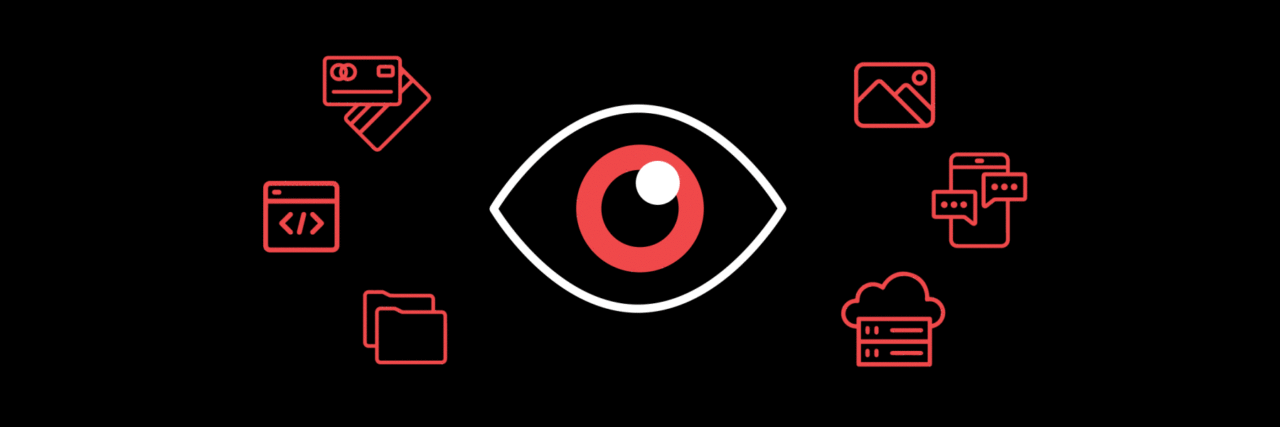Oversharing your data can be more than embarrassing—it can negatively impact your business.
Smartphones, cars, even fridges—in today’s world, (almost) everything can be connected to the internet. And while that’s practical (ordering your groceries straight from your refrigerator? Yes, please!), the sheer amount of data exchanged across all these devices leads to increased connectivity—and thus, increased security risks. The good thing is that companies like ours are developing or following practices that help reduce or eliminate those risks. If you’re working in a sensitive industry, such as entertainment, learning more about cybersecurity might come in handy
Why Is Cybersecurity Critical?
While cybersecurity used to sound like something from a distant, cyberpunk future, it’s now an everyday concern of almost every industry. That’s because countless transactions are happening online across billions of connected devices and the cloud. All types of information are being shared—from personal data to strategic content, and everything in between—which is why making sure your business and your customers’ data are kept private is more important than ever.
Some examples of highly publicized cyberattacks that recently targeted the entertainment industry include hackers attacking users’ Disney+ accounts as soon as the streaming service went live in 2019 and the leaking of episodes of HBO’s Game of Thrones in 2017. Other complications can involve private communications shared with the general public and even ransomware threats.
What Are Some Ways We Can Stay Secure?
While there’s no denying that hackers are getting more and more creative with their strategies, there are ways you can help keep your business and customers secure.
-
Training
One of the most effective ways to keep your company’s data secure is to provide your employees with the tools they need to perform business safely. Ensure they can identify potential scams, make sure everyone follows safety protocols, and have someone on call who can help as questions arise.
-
Vetting Partners
Making sure your business partners comply with safety measures can help you keep your transactions secure and private. Look for companies that have been audited and can show certifications that prove they comply with the most current safety standards.
-
Enact a Security Plan
Knowing your vulnerabilities, understanding your pain points and how hackers can access your information, and planning for when something goes wrong can help you sleep better at night.
-
Updating Your Software
Making sure the software you use to stay safe—from antivirus to VPNs—is running the most up-to-date versions can add another layer of protection to your business.
Video Cameras, Alarms, and Door Locks
Chances are, you already own all sorts of hardware to keep your physical belongings safe. But what about your digital belongings? Chat with us today about ways to protect your business and content from cyberattacks and other emerging threats in the digital world.



